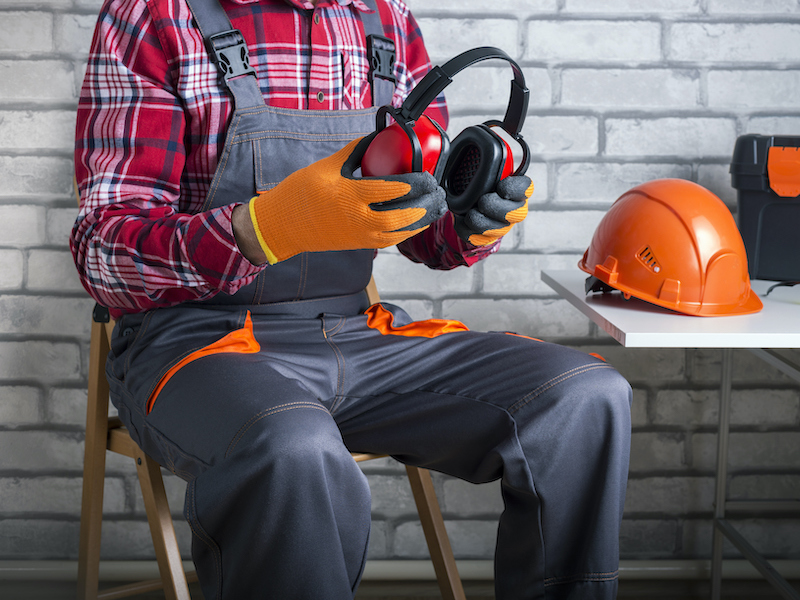
Your sense of hearing is important in your life and when it’s gone, there will be no natural way of getting it back. But somehow, hearing loss frequently goes untreated and unchecked in the general population. In the US alone, one in eight people over the age of 12 is dealing with untreated and irreversible hearing loss.
Protecting your hearing from the beginning is the best and simplest way to prevent hearing loss, but if you’re already experiencing hearing loss you can recover much of your hearing with a hearing aid.
Here are five simple ways that you can safeguard your hearing:
Don’t use earbuds
Earbuds are one of the biggest threats to hearing health today since they’ve come packaged with mobile devices going back to the first MP3 devices in the early 2000s. Nearly every smartphone on the market comes with a pair of these little devices that sit snugly in your ear and pump sound straight into your ear canal. You can get permanent hearing damage by listening to a movie or music on your mobile device at full volume for just 15 minutes. Over the ear style headphones, especially the ones with noise canceling technology, would be a better choice. Following the 60/60 rule, which suggests a maximum volume of 60% for no higher than 60 minutes a day, is another safety measure to protect your hearing.
Lower the volume
Earbuds don’t generate the only sounds that can harm your hearing. If you routinely listen to the radio or TV at loud volumes over prolonged periods, your hearing can also be harmed. You’ll also want to steer clear of situations where loud sounds are constant, like construction zones, concerts, and shooting ranges. Avoiding these scenarios may only be possible in a perfect world, especially if you’re a construction worker or a musician. If that’s the situation, then you’ll want to take note of the next item on the list.
Hearing protection will help
If you have hobbies or work in a noisy environment, it’s crucial that you make use of hearing protection. Hearing loss can happen in just 15 minutes at 85 decibels. To put that in perspective:
- At most concerts the headlining band plays for up to two hours at well over 120 decibels
- The average gunshot clocks in at 149 decibels, which is multiplied and amplified over the course of a one hour visit to an indoor gun range
- Jackhammers at a construction site generate 130 decibels, which could cause significant harm after a 40-hour workweek
The moral here is that you should get yourself some sort of hearing protection such as earmuffs or earplugs if you engage in any of these activities.
Take auditory breaks
Sometimes you just need to give your ears a break. Even if you use hearing protection, if you are subjected to loud noises like these for prolonged periods, you should take some quiet breaks to give your ears a chance to recover. So after you leave a concert, you most likely shouldn’t jump into your car and crank music.
Check your medicine
Your hearing could be significantly affected by the medication you use. There are some medicines that have been proven to trigger hearing loss including certain heart and cancer medicines, aspirin, antibiotics, and anti-inflammatory medication. The good news is that medication-related hearing loss isn’t common and is more likely if you use two or more of those medications at the same time making it easier to prevent.
Are you suffering from hearing loss and want to seek out new treatment? Schedule an appointment with us for a hearing test.
Resources
https://www.cdc.gov/nceh/hearing_loss/how_does_loud_noise_cause_hearing_loss.html
https://armeddefense.org/hearing-protection
The content of this blog is the intellectual property of MedPB.com and is reprinted here with permission.
The site information is for educational and informational purposes only and does not constitute medical advice. To receive a personalized free hearing test and hearing loss consultation, call today to set up an appointment.









